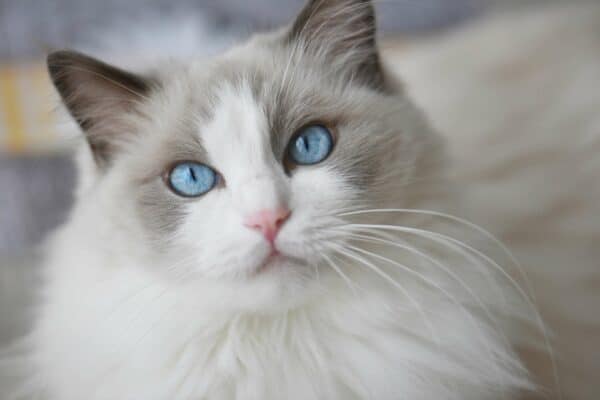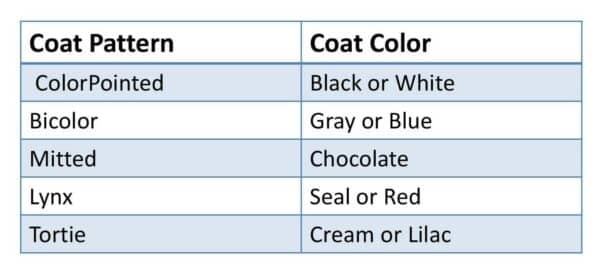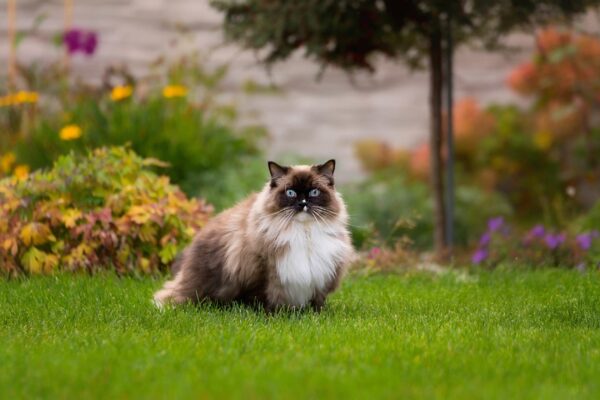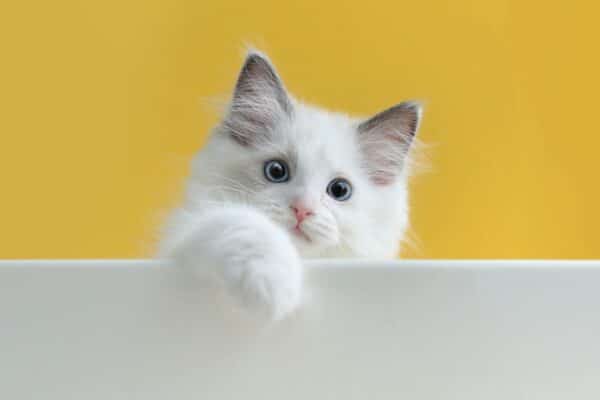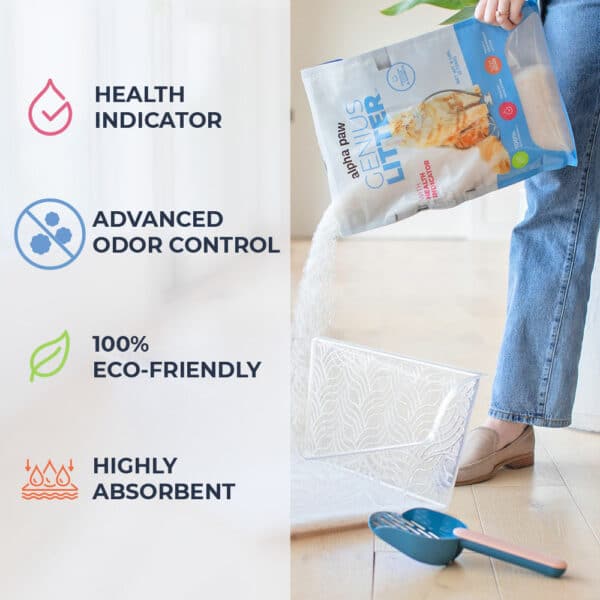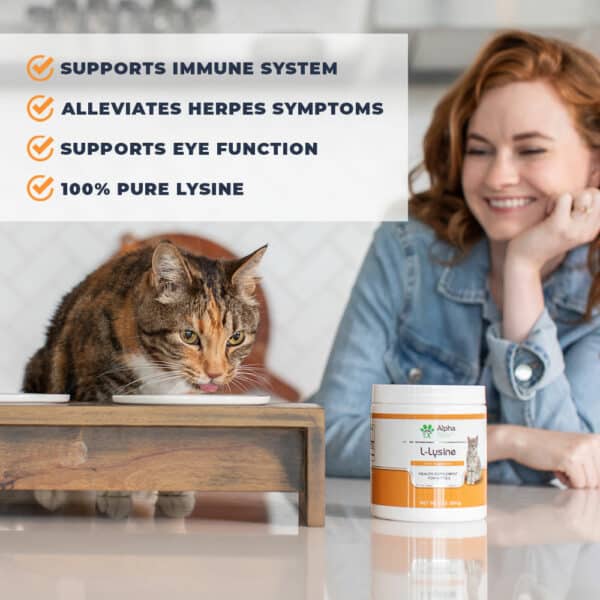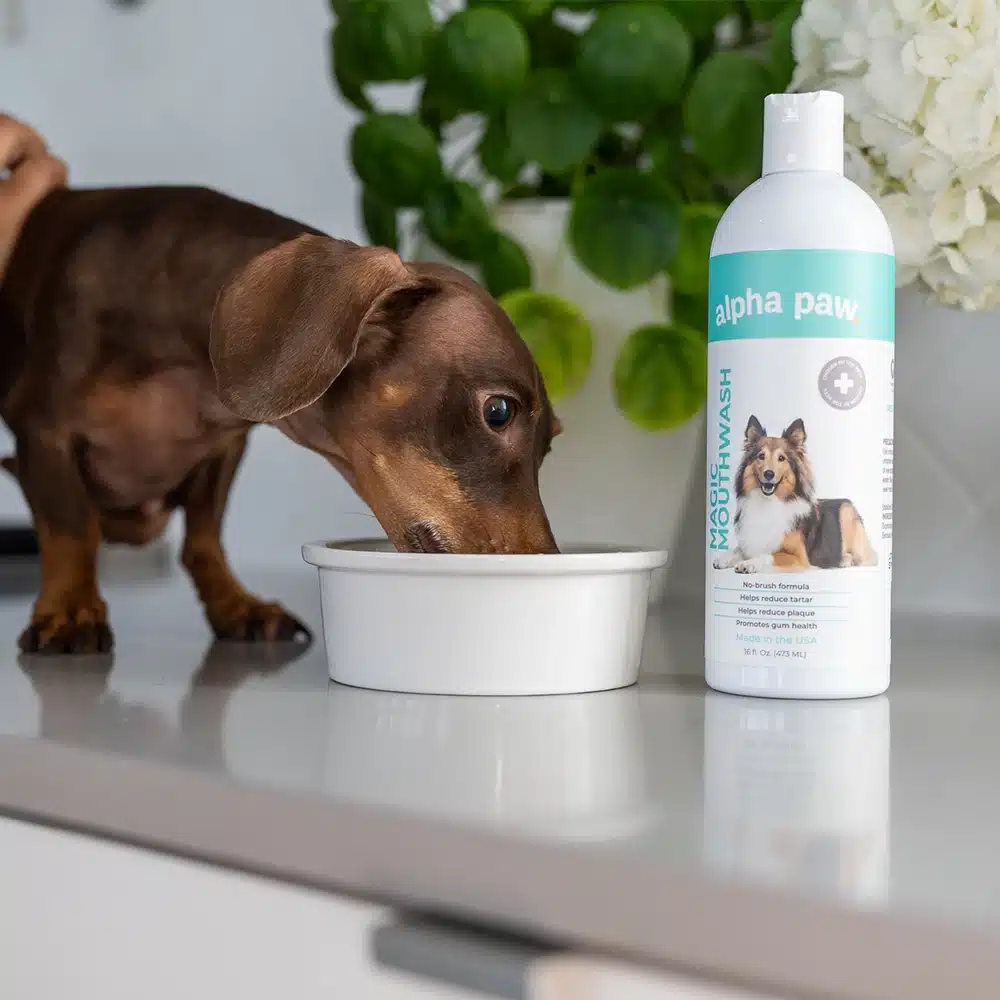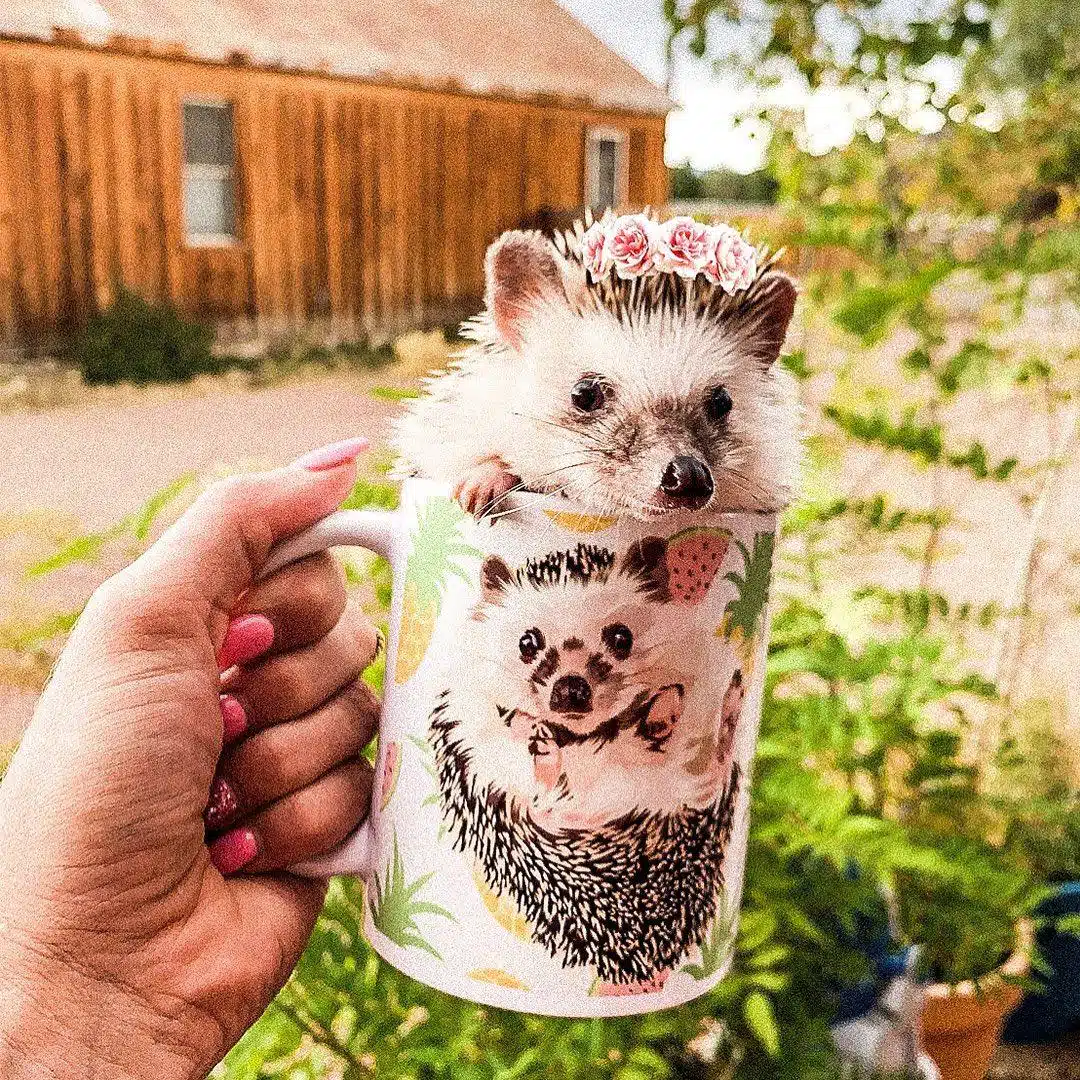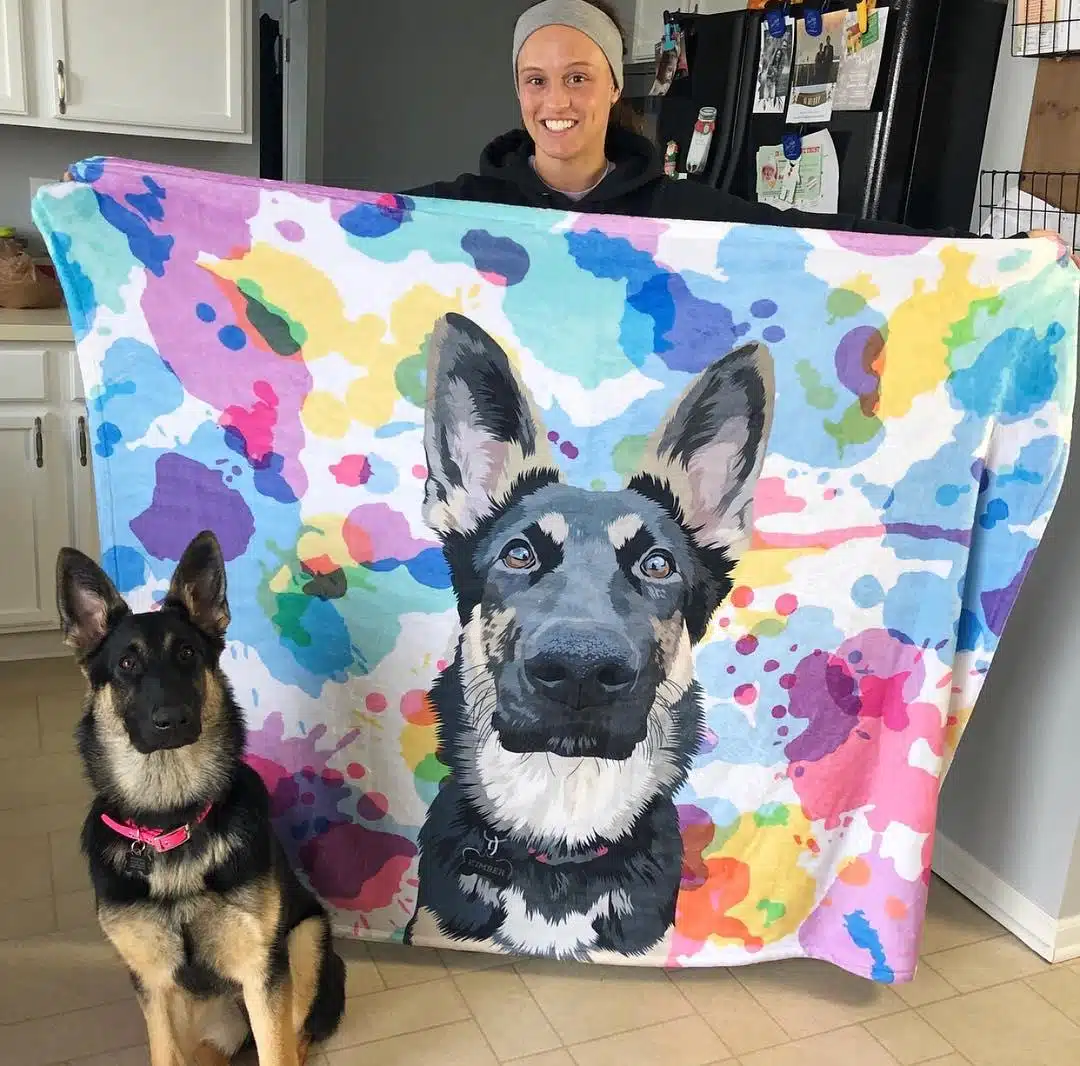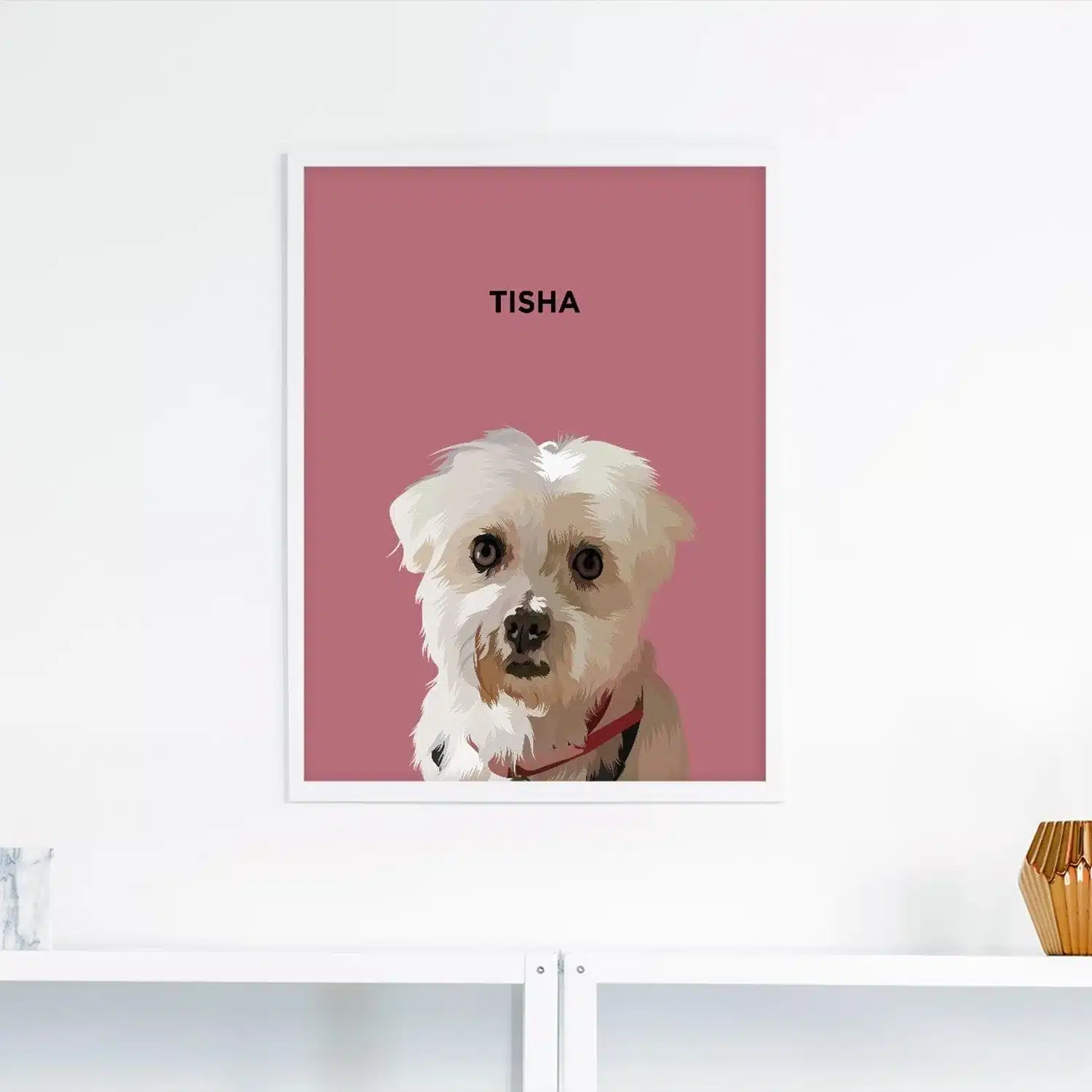The Ragdoll cat breed is one of the most popular breeds available today, and with its dense, silky coat and striking appearance, it’s not hard to see why!
But what do you really know about this beautiful creature?
This Ragdoll Cat 101 guide will tell you everything you need to know about Ragdolls – from their appearance to their personality traits, to their history and origin.
If you’re considering getting a Ragdoll cat, or just want to learn more about them, read on!
History and Origin of Ragdoll Cat
The Ragdoll is a breed of domestic cat with a distinctive physical appearance and temperament.
The breed originated in the 1960s in California by American breeder Ann Baker, probably as a result of crossing Birman, Angora, and Persian breeds.
The name ‘Ragdoll’ derives from the tendency of these cats to go limp when picked up by their human companions, as though putting up no resistance or even falling asleep in the owner’s arms.
The Ragdoll’s Physical Characteristics
The Ragdoll is a large breed of cat. They have large, blue eyes and long, flowing coats that can be either straight or wavy. Furthermore, they have strong, sturdy bodies and plush coats that come in a wide variety of colors and patterns.
They are one of the most muscular breeds of cats. The average weight for males can range from 6 to 9 kg, while females weigh between 4 and 7 kg. They take a while to mature, so they don’t grow to their full size until four years of age.
The Ragdoll’s Personality & Traits
The Ragdolls are known for their calm, easy-going, and relaxed nature. They have a sweet and gentle disposition, which often makes them great lap cats.
Ragdolls usually have the following characteristics:
- Playful and Energetic
- Affectionate and Cuddly
- Devoted and Loyal
The ragdoll cat is a popular breed known for its distinct traits. Ragdoll cat traits, in English, include a large and muscular body with a semi-long coat that doesn’t mat easily. They have bright blue eyes and a sweet expression on their faces. These cats are known for their docile and gentle nature, often going limp when picked up, hence their name “ragdoll.” They are friendly and sociable, enjoying the company of humans and other pets.
Ragdolls possess a laid-back temperament and are not particularly vocal. They are also known to be a pointed breed, meaning their ears, face, paws, and tail are darker than the rest of their body. Ragdolls make excellent companions and are suitable for families and individuals alike.
Ragdolls are a people-oriented cat breed and love spending time with their owners. It is not uncommon for the Ragdoll to follow you around the house or curl up on your lap while you work at the computer or watch TV.
They are content just lying around all day long. A Ragdoll cat is an excellent choice for families with children due to its gentle, affectionate, and laid-back nature.
What is the Average Lifespan of a Ragdoll Cat?
Veterinarians estimate that Ragdoll cats have an average life expectancy of 13 to 18 years, depending on lifestyle choices and overall health.
A Ragdoll, however, can live beyond 20 years old. There are many factors that will affect the life expectancy of an individual cat and each cat’s health is different.
Some diseases that affect the health of Ragdolls are kidney disease, weight management problems, and hypertrophic cardiomyopathy (HCM).
How Intelligent are Ragdolls?
Training a Ragdoll requires patience and understanding of their need for mental stimulation. They are intelligent and quick learners who are capable of learning tricks and commands, as well as playing games like hide and seek.
The most important part of training a Ragdoll is keeping it fun by constantly switching up the routine so your pet doesn’t get bored.
Do Ragdolls Live Indoors or Outdoors?
It is generally recommended that Ragdolls live exclusively indoors because they are so docile and prefer the warmth and comfort of home over the harsh outdoors.
They love to be in the company of their human companions and enjoy watching TV or the birds in the garden. They rarely go hunting and will happily spend hours inside the house.
That being said, it is possible to take them out under supervision for walks or playtime in a safe, enclosed area such as a fenced yard.
Can Ragdoll Cats Be Left Alone?
Ragdoll cats are known for their temperament and need for companionship and love. Therefore, it is not easy to leave them alone for long periods of time.
However, it is possible to leave them at home while you work if you provide food and water and spend plenty of quality time with them in the morning and evening before leaving them alone for the day.
How Long Can Ragdoll Cats Be Left Alone at Home?
Ragdoll cats sleep during the day and are more active at night or early in the morning. Typically, they can be left alone for 8 to 12 hours without any trouble as long as their food and water dishes are accessible to them and their favorite toys are within reach.
Never leave your Ragdoll alone for more than 24 hours. This could lead to separation anxiety or destructive behavior such as chewing furniture or urinating outside of the litter box because of stress or anxiety.
Do Ragdolls Need Grooming on a Regular Basis?
Cats with long fur coats like Ragdolls require regular brushing to maintain a healthy coat and prevent mats and tangles from forming in the fur.
Regular grooming will also reduce the chances of hairballs that your cat may develop because it will minimize the amount of loose hair that your kitty ingests every day.
As an added bonus, regular grooming can help strengthen the bond between you and your pet as well.
The next time you’re feeling stressed out or need a good excuse to spend some quality time with your Ragdoll cat, pick up a brush and get ready for some bonding fun!
Common Health Problems in Ragdoll
Ragdoll cats are susceptible to certain health issues that may not affect other breeds of cats as often. These include but are not limited to:
- Digestive Problems
- Respiratory Conditions
- Obesity
- Hairball Issues
- Kidney Problems
- Hypertrophic Cardiomyopathy (HCM)
- Urinary Tract Issues
Ragdoll Cat Behavior Problems
Ragdolls are known for being a very friendly and easy-going breed. However, with that said, there are some common behavior problems that owners may see in their Ragdolls such as:
- Aggressive Behavior
- Roaming Outside
- Problems with Shedding
- Litter Box Problems
- Scratching Furniture
- Weight Gain Issues
- Excessive Vocalization
There are several different reasons why ragdolls may show behavioral problems.
Stress is a major factor in strange behavior in ragdolls because cats can’t tell us when they are stressed.
It could also be due to illness or physical pain. Strange behavior can also be caused by underlying medical issues, anxiety, hormonal changes, and other unknown factors.
If your cat is showing unusual behavior, it’s a good idea to get it checked out by a veterinarian as soon as possible so that any underlying issues can be addressed and treated before they become a larger problem.
Is a Ragdoll Cat Right for You?
If you’re looking for a cat that is gentle, affectionate, and very easygoing, a Ragdoll cat may be the perfect pet for you. They are known for their floppiness and love of all things cuddling, but they are also playful and curious.
They get along well with dogs, other cats, and kids alike. However, Ragdolls do not like being disturbed while they sleep so it’s important to establish boundaries early on in the relationship!
And when playing with them, it’s always good to use toys as opposed to your hands. The best way to play with them is by tossing a toy near them, allowing them time to find the toy before picking it up and running away (they will chase you).
Key Takeaways
- Ragdolls are an American cat breed with roots in the late 1960s.
- They are known for their placid temperament and heavily boned physique.
- Ragdolls are large-sized cat breeds that weigh between 12 and 20 pounds when fully grown.
- They have a distinctive patched coat that can have different colors or patterns.
- Their coat should be brushed regularly, just like other long-haired cats.
- They are docile, easy-going cats and their love of people makes them excellent pets for families with children.
- Consult with your veterinarian about vaccinations and spaying/neutering. Keep your cat indoors to protect it from disease, cars, and predators.
Pro Tip:
What Makes Genius Litter Different from Ordinary Litter?
Say goodbye to hauling heavy bags and hello to easy Genius Litter!
With our innovative non-clumping litter formula, you’ll need less of it. One bag of our disposable Genius Litter lasts up to a month, so you won’t need to refill the box as often and can save money on monthly costs.
One thing that separates us from traditional litter is that Genius Litter changes color to indicate when your cat has a potential health issue, so you can get them help before it becomes an urgent medical situation.
All you need to do is set up a delivery date with us each month, and rest easy knowing that Genius Litter will arrive at your doorstep every 30 days.
For a convenient solution for your cat, try Genius Litter today!
Why is Lysine so Important for Your Pet?
Protect your pet’s immunity!
Have you noticed that your cat is coughing, sneezing, and having rapid breathing? Or maybe he/she has been scratching more than usual?
These are all signs of a weakened immune system. One way to prevent this from happening is by using lysine supplements.
Lysine plays a key role in your pet’s immunity because it helps to regulate the immune system.
Without enough lysine, your pets will be more susceptible to illness because their immune system can’t fight off infections as efficiently.
When they are sick, they will also be less able to absorb nutrients and make use of other supplements that can help them feel better.
Give your pet the support they need. Our Lysine supplement provides essential amino acids to help support a strong immune system.
Order now to get 300 one-scoop servings or 150 two-scoop servings and don’t worry about expiry!

